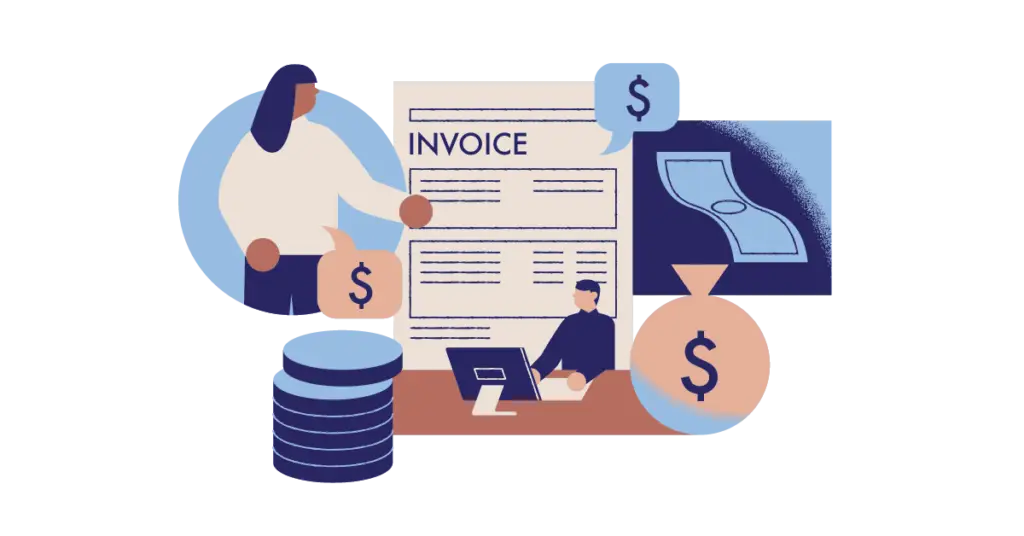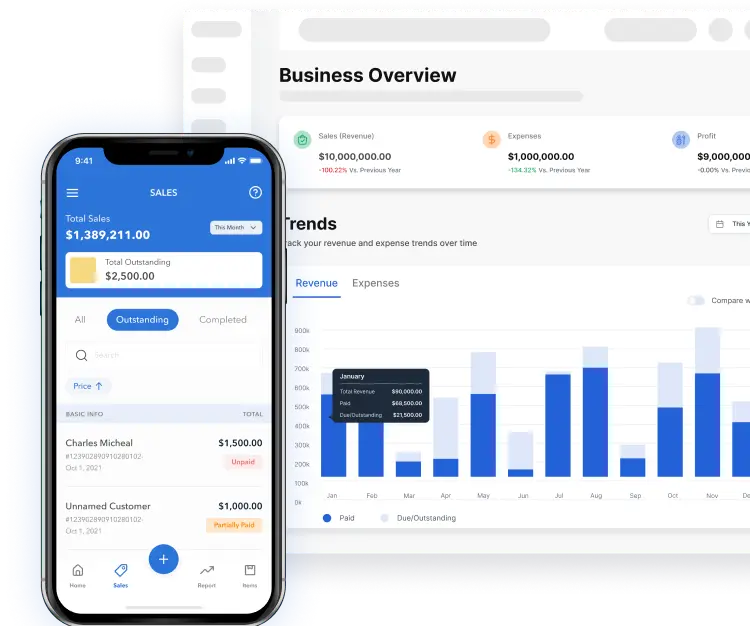When it comes to managing business finances, understanding invoice payment terms is crucial. These terms dictate when payments are due and can significantly impact your cash flow, business relationships, and overall financial health. In this comprehensive guide, we’ll delve into what invoice payment terms are, common types of payment terms, and how you can easily optimize your invoice management using Vencru. We’ll be discussing:
- What are Invoice Payment Terms?
- Common Types of Invoice Payment Terms
- How Invoice Payment Terms Affect Your Business
- Tips for Negotiating Better Payment Terms
- Best Practices for Managing Invoice Payment Terms
- Streamlining Your Invoice Management with Vencru
What Are Invoice Payment Terms?
Invoice payment terms are the conditions under which a seller will complete a sale and expect to receive payment. They specify the due date for payment, any discounts for early payment, penalties for late payment, and other conditions that both the buyer and seller must adhere to. Clear and mutually agreed-upon payment terms help prevent misunderstandings and ensure a smooth transaction process.
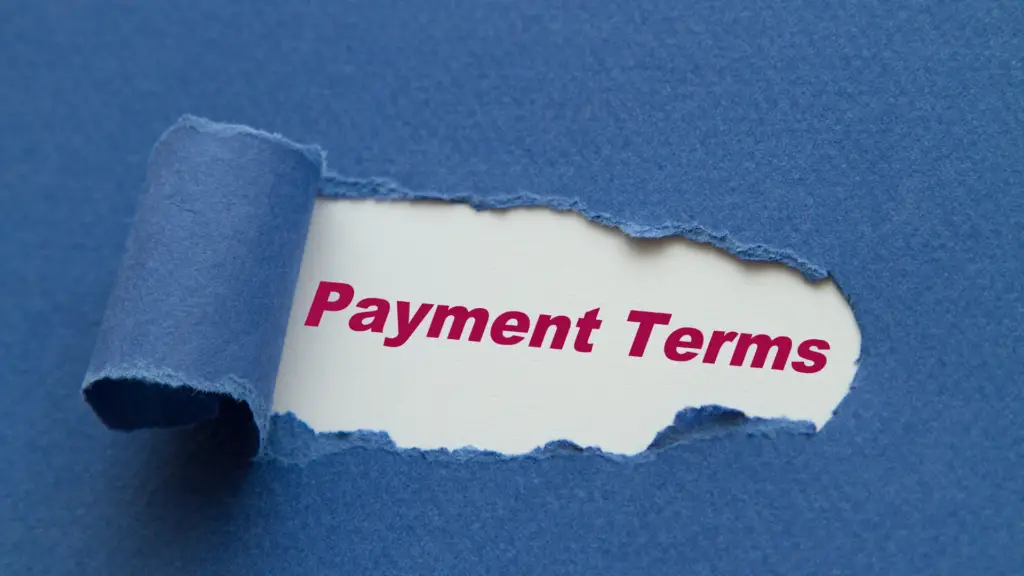
Common Elements of Payment Terms
- Due Date: The date by which the payment should be made.
- Discount Terms: Any discounts offered for early payment (e.g., “2/10 Net 30” means a 2% discount if paid within 10 days, otherwise full payment is due in 30 days).
- Late Fees: Penalties applied if the payment is made after the due date.
- Payment Methods: Accepted forms of payment (e.g., credit card, bank transfer, check).
Common Types of Invoice Payment Terms
Net 30, Net 60, Net 90
These terms indicate that the full payment is due within 30, 60, or 90 days from the invoice date. They are common in B2B transactions and give the buyer a specific period to pay the invoice in full.
2/10 Net 30
This term means the buyer can take a 2% discount if the invoice is paid within 10 days; otherwise, the full amount is due in 30 days. This incentivizes early payment and helps improve cash flow for the seller.
Cash on Delivery (COD)
Payment is required at the time of delivery. This term is often used for physical goods and helps minimize the risk of non-payment.
Payment in Advance
The buyer must pay before the goods or services are delivered. This term is commonly used for new clients or high-risk transactions to ensure the seller receives payment before incurring any costs.
Due Upon Receipt
Payment is due immediately upon receiving the invoice. This term is typically used for small transactions or when quick payment is necessary.
How Invoice Payment Terms Affect Your Business
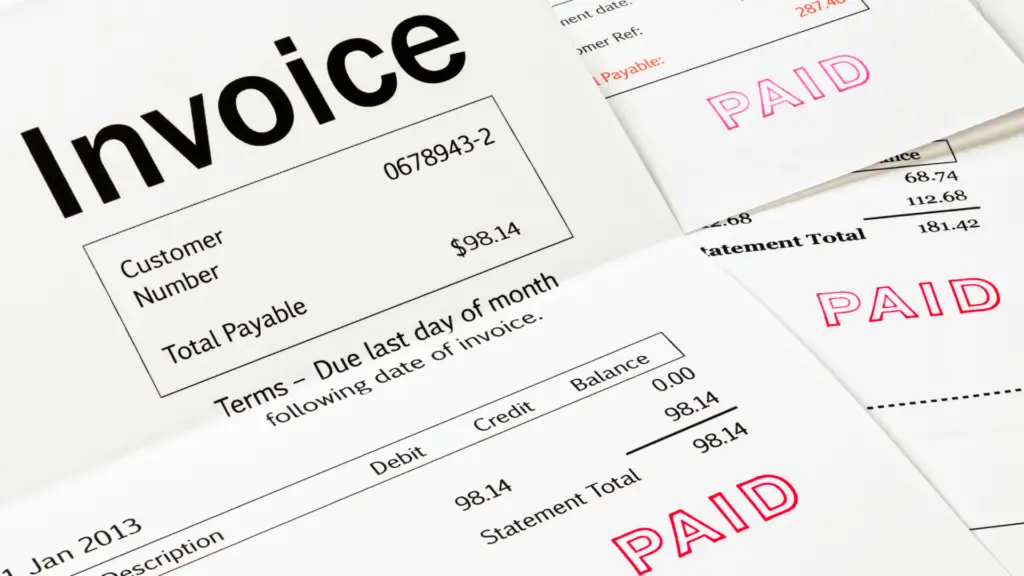
Cash Flow Management
The timing of your receivables is critical to maintaining a healthy cash flow. Longer payment terms can strain your cash flow, while shorter terms can improve liquidity. It’s essential to balance offering competitive payment terms with ensuring you have enough cash on hand to meet your obligations.
Customer Relationships
Clear and fair payment terms help build trust and maintain positive relationships with your customers. On the other hand, overly stringent terms or frequent changes can cause friction and potentially harm your business relationships.
Risk Management
Understanding and setting appropriate payment terms help manage the risk of non-payment. By offering terms that match your customer’s creditworthiness and reliability, you can minimize the risk of bad debts.
Financial Planning
Accurate forecasting and financial planning rely on knowing when you will receive payments. Well-defined payment terms provide predictability and help you plan for expenses, investments, and growth opportunities.
Tips for Negotiating Better Payment Terms
Assess Your Cash Flow Needs
Before negotiating payment terms, understand your cash flow requirements. Determine the minimum payment period you can accommodate without disrupting your operations.
Understand Your Customer’s Needs
Consider your customer’s cash flow and payment capabilities. Offering terms that align with their financial situation can strengthen your business relationship and increase the likelihood of timely payments.
Offer Incentives for Early Payment
Incentives such as early payment discounts can motivate customers to pay sooner. Ensure the discount is attractive enough to encourage early payment without significantly impacting your profit margins.
Be Clear and Consistent
Communicate your payment terms on every invoice and ensure they are consistent with any contractual agreements. This clarity helps prevent misunderstandings and disputes.
Negotiate Flexible Terms
Be open to negotiating flexible payment terms that accommodate both parties’ needs. For example, you might offer extended terms for larger orders or new customers to build trust and encourage repeat business.
Leverage Technology
Utilize invoicing software to streamline the process and provide clear, professional invoices. Many invoicing platforms offer automated reminders and payment tracking, which can help ensure timely payments.
Best Practices for Managing Invoice Payment Terms
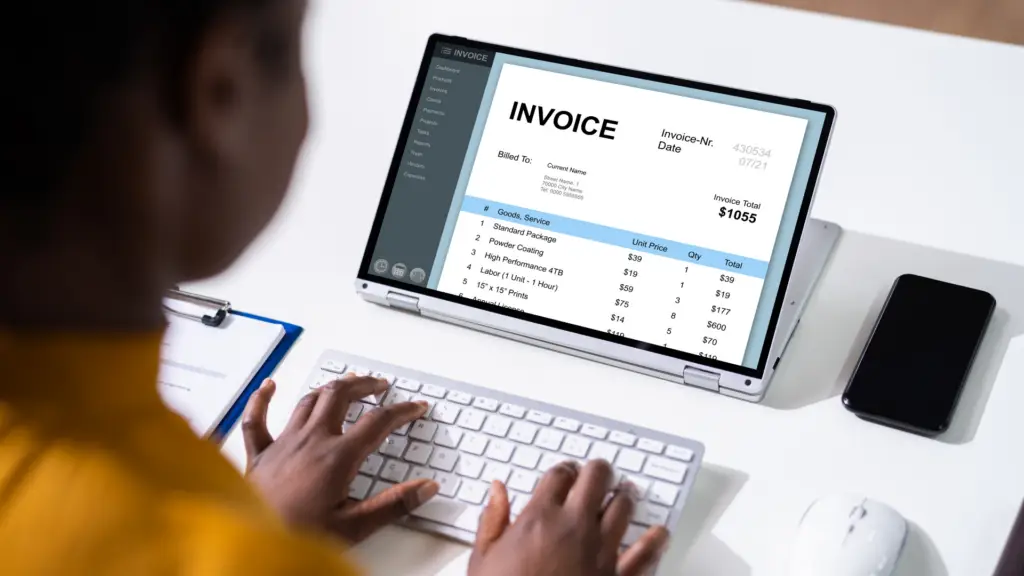
Set Clear Expectations
Ensure your payment terms are clearly stated on every invoice and discussed upfront with new customers. This transparency helps set expectations and reduces the risk of late payments.
Monitor Aging Receivables
Regularly review your accounts receivable aging report to identify overdue invoices and address them promptly. Proactive follow-up on late payments can help maintain cash flow and reduce bad debts.
Communicate Effectively
Maintain open communication with your customers regarding payment terms and any changes. If a customer is experiencing difficulties, work with them to find a mutually acceptable solution, such as a payment plan.
Implement Late Fees
To encourage timely payments, consider implementing late fees for overdue invoices. Clearly state the late fee policy on your invoices and consistently apply it.
Use Payment Terms Strategically
Adjust your payment terms based on the customer’s history and the nature of the transaction. For example, offer more favorable terms to reliable customers or for large orders to incentivize prompt payment.
Regularly Review and Update Terms
Periodically review your payment terms to ensure they remain competitive and aligned with your business needs. Update terms as necessary based on changes in your industry, customer base, or cash flow requirements.
Train Your Team
Ensure your sales and accounts receivable teams understand your payment terms and their importance. Provide training on how to communicate terms effectively and handle payment-related inquiries.
Streamlining Your Invoice Management with Vencru
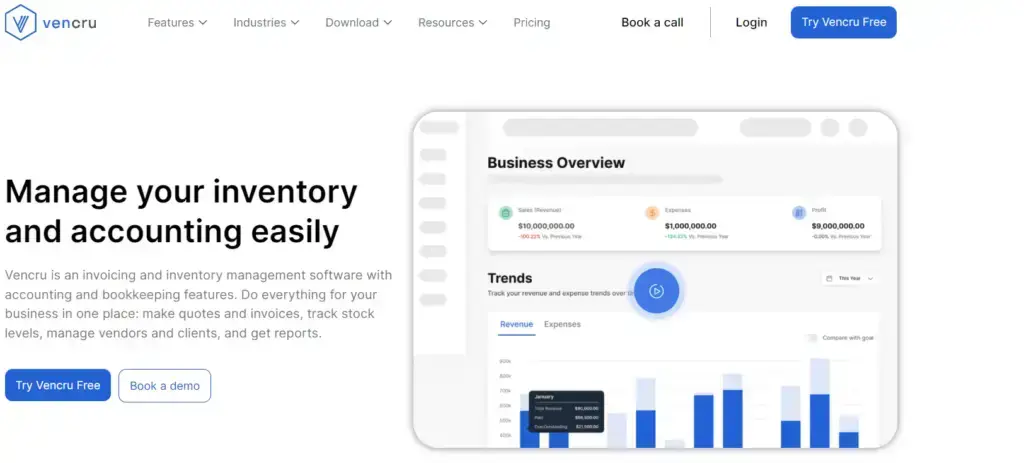
To further streamline your invoice management process and ensure accurate, timely payments, consider using Vencru’s invoicing and accounting software. Vencru offers a range of features designed to help businesses manage their invoicing and payment terms more effectively.
Automated Invoicing
With Vencru, you can create and send professional invoices quickly and easily. Automated invoicing reduces manual errors and ensures that your invoices are consistent and accurate.
Real-Time Tracking
Vencru provides real-time tracking of invoice statuses, allowing you to monitor when invoices are sent, viewed, and paid. This visibility helps you stay on top of your receivables and follow up on overdue payments promptly.
Payment Reminders
Automated payment reminders help ensure timely payments without the need for manual follow-up. You can set up reminders to be sent at specific intervals, reducing the risk of late payments and improving cash flow.
Customizable Payment Terms
Vencru allows you to customize payment terms to suit your business needs and customer preferences. Whether you offer Net 30, early payment discounts, or other terms, Vencru makes managing and communicating these terms easy.
Detailed Reporting
Generate detailed reports on your receivables, payment history, and customer payment patterns with Vencru’s reporting tools. These insights help you make informed decisions about your payment terms and overall financial strategy.
User-Friendly Interface
Vencru’s intuitive interface makes it easy for you and your team to manage invoicing and payment terms, even if you have limited accounting knowledge. The user-friendly design ensures that you can focus on running your business while Vencru handles the complexities of invoice management.
Conclusion
Understanding and effectively managing invoice payment terms is crucial for maintaining healthy cash flow, building strong customer relationships, and ensuring financial stability. By leveraging Vencru’s advanced invoicing and accounting features, you can optimize your invoice management process, reduce the risk of late payments, and focus on growing your business.
Related Content

